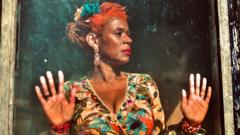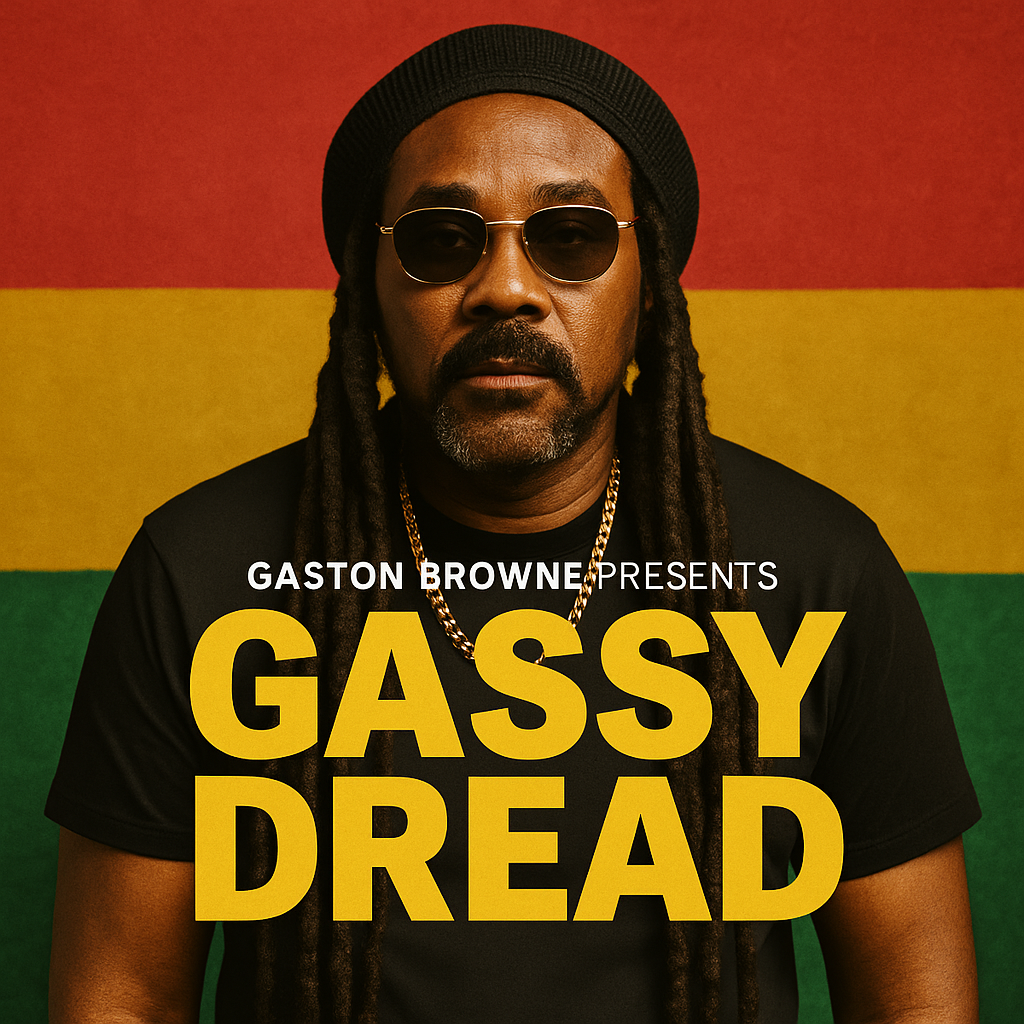Carmen Souza, a Cape Verdean musician, has drawn inspiration from the surprising connections between English sea shanties and her rich cultural heritage for her latest album "Port'Inglês". Growing up in Cape Verde, Souza often heard phrases derived from English, such as "ariope", a term her father used which comes from "hurry up", revealing the influence of British English integrated into Cape Verdean Creole. In her research for this project, she discovered the multifaceted history of British presence in Cape Verde, a legacy spanning over 120 years and dating back to the 18th and 19th centuries.
During this time, the islands, located roughly 500 kilometers off Africa's coast, became not just a Portuguese colony, but a central hub for British merchants. They transformed the economical and infrastructural landscape by developing ports and transportation routes crucial for trade and communication across the Atlantic. For Souza, this project transformed her personal narrative as her grandfather had direct ties to the bustling Mindelo port, having worked as a stevedore. Through her music, she revives memories and stories, composing pieces like "Ariope," which captures generational dialogue and foreshadows a weaving of Cape Verdean jazz with traditional rhythms including funaná and batuque.
The album "Port'Inglês" is a journey that transcends time, linking past narratives of colonial interactions with the modern voice of Cape Verdean diaspora. Souza's family history intertwines stories of music and movement, as many Cape Verdeans have migrated abroad, seeking better opportunities. Through improvisation and innovative arrangements, she breathes fresh life into traditional songs, encouraging younger generations to embrace their musical roots.
This blend of jazz with Cape Verdean music, including adaptations inspired by British influences, aims to spotlight a cultural evolution that celebrates African musical legacies while confronting social issues raised in earlier lyrical forms. Souza hopes her album will motivate contemporary artists to explore and reinvent traditional sounds, ensuring that they resonate within today’s musical landscape while honoring their profound historical significance.





















